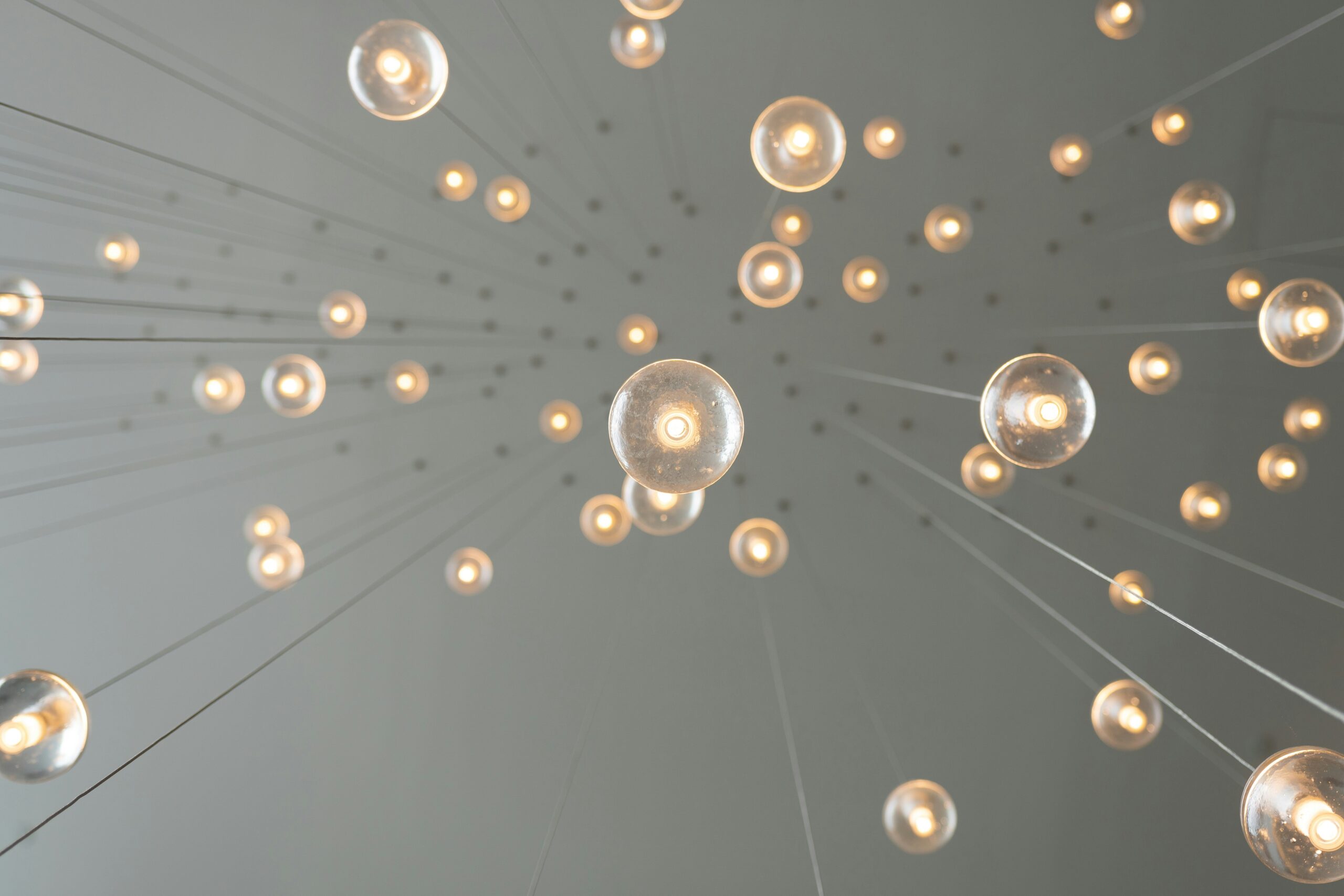
At HostMilano 2025, the global benchmark for the Ho.Re.Ca. industry, the dialogue between innovation, design and technology has never been stronger.
With over 2,100 exhibitors and 180,000 professional visitors from 166 countries, one message clearly emerged: the future of professional hospitality is becoming more intelligent, sustainable and human.
For e-Novia, the event was an opportunity to explore the new frontiers of professional hospitality, where Physical AI, artificial intelligence applied to the physical world, still holds vast potential.
According to Margherita Colleoni, Head of Product Design at e-Novia, the integration of physical intelligence in hospitality environments increases fluidity, safety and comfort, improving the experience for both hosts and guests.
In recent years, the professional hospitality sector has undergone a deep transformation.
Automation, digitalization and data intelligence are reshaping how operators manage kitchens, guest areas and customer relations.
HostMilano confirmed itself as the international hub where innovation and business converge.
The growing focus on integrated design and technology is opening the way to a new generation of intelligent environments that combine efficiency, productivity and sustainability.
Innovation in hospitality is no longer about devices but about integrated experiences.
Physical AI, the fusion of sensing, mechatronics and artificial intelligence, allows the design of learning systems that adapt dynamically to their context.
From AI-assisted quality control as in Smart Robots, to intelligent vehicle and light mobility management (Y.Share, e-Shock), and tactile interaction in digital design (Weart), the technologies developed within e-Novia demonstrate how the synergy between AI and design enhances safety, reduces waste and strengthens the human connection.
For e-Novia, innovation in professional hospitality emerges from the intersection of physical intelligence and human-centered design.
At the heart of its approach, Physical AI turns spaces into adaptive ecosystems, where technology supports people rather than replacing them.
From kitchens to reception areas, from climate control to flow management, the combination of advanced sensing, embedded algorithms and intuitive interfaces increases safety and comfort, improving both operations and user experience.
The Intelligence Infusion methodology developed by e-Novia guides companies from concept to production.
It balances business goals and human needs through:
Through a multidisciplinary approach combining engineering, design, AI and automation, e-Novia helps hospitality companies turn innovation into measurable impact, enhancing efficiency and experience quality.
The hospitality of the future will be an ecosystem of connected experiences where technology amplifies human capabilities.
From smart space design to predictive maintenance, the goal is to create environments that are more empathetic, sustainable and adaptive.
With expertise in venture building and innovation consulting, e-Novia acts as a partner for transforming technological research into industrial value, supporting the growth of enterprises and startups redefining hospitality standards.
👉 Discover how e-Novia helps companies and designers integrate Physical AI and human-centered design to create smarter, more sustainable hospitality experiences.
Frequently Asked Questions about Innovation in Professional Hospitality
Innovation in professional hospitality means rethinking the way hotels, restaurants and catering environments operate through the integration of advanced technologies, data intelligence and human-centered design. It involves automating routine processes, improving energy efficiency and enhancing the quality of interaction between people and their environments. By combining technology with creativity and empathy, innovation enables hospitality professionals to offer smarter, more personalized and sustainable experiences that anticipate guests’ needs rather than simply responding to them.
Physical AI brings intelligence into the physical world, turning hospitality spaces into environments that sense, understand and respond to human presence.
In kitchens, it can monitor safety and precision; in hotels, it can automate comfort systems; in customer-facing areas, it can support staff with collaborative tools that adapt to real-time needs. By blending AI with mechatronics and sensors, Physical AI allows people and machines to collaborate seamlessly, improving operational efficiency while maintaining the warmth and authenticity that define human hospitality.
Design is the bridge that makes innovation meaningful and accessible. In the context of professional hospitality, it ensures that every technology, from automation systems to intelligent interfaces, fits naturally into the user’s workflow and environment. Through human-centered design, innovation becomes intuitive: tools are easy to use, spaces feel comfortable, and technology enhances, rather than replaces, human connection. Good design translates complexity into simplicity and transforms technical progress into a coherent, emotionally resonant experience for both operators and guests.